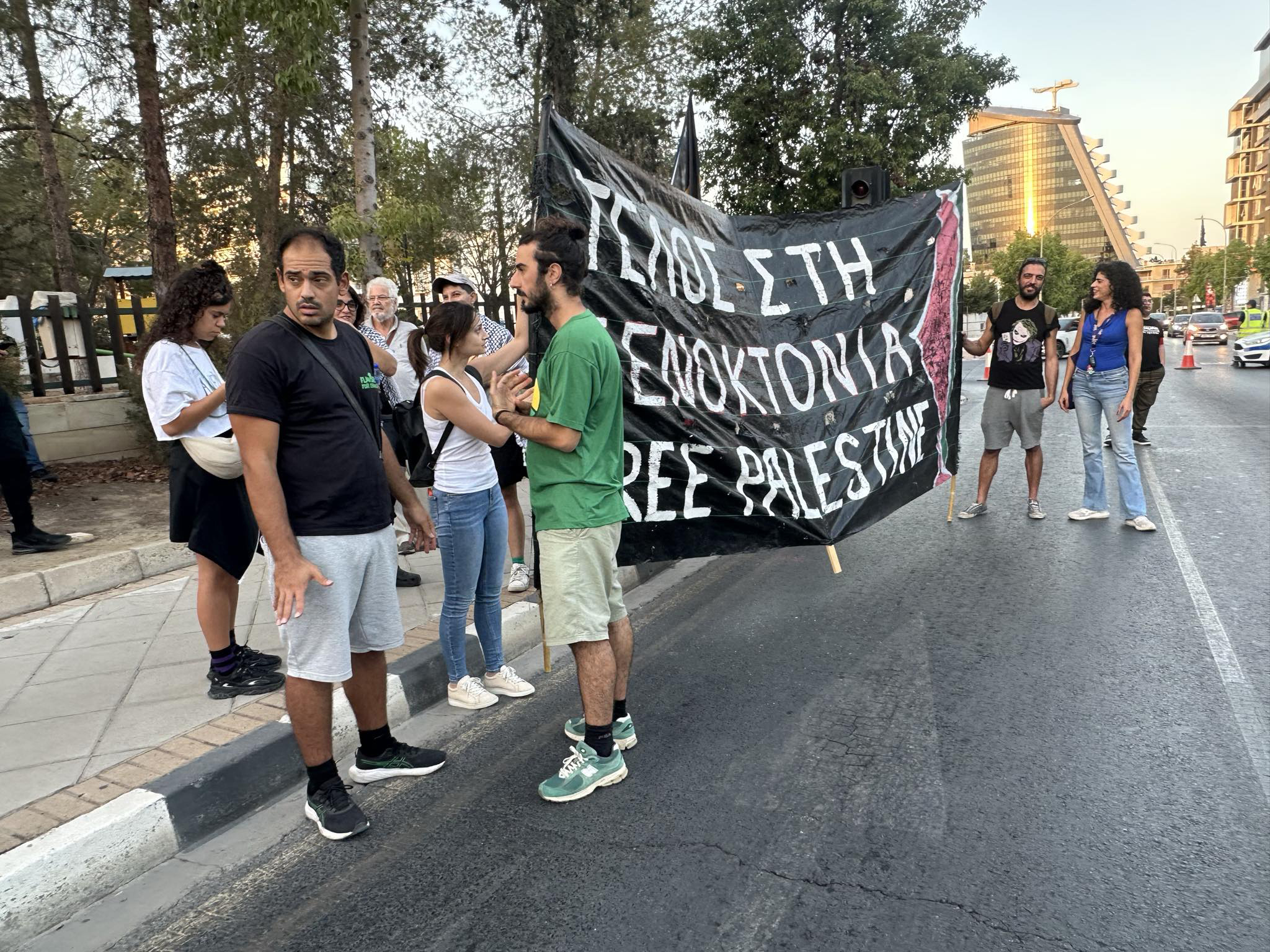It beggars belief that political parties want to amend the law governing the staging of demonstrations and public protests, which the legislature approved just three months ago. On Monday they discussed the proposed amendments, in the presence of Justice Minister Marios Hartsiotis, who had submitted the bill that was voted through in July.
After the bill was approved in July, the chairperson of the House human rights committee, Irini Charalambidou, of Akel wrote to the Organisation for Security and Cooperation in Europe (OSCE) seeking its opinion about the provisions. What the OSCE advised was some tweaks to the law rather than radical change. In the end, the law that was approved was not the repressive, authoritarian piece of legislation Akel had been claiming it was; now was it a threat to our democracy.
The OSCE said some provisions were so broad they allowed arbitrary restrictions, while excessive responsibilities were placed on the organisers who would be held accountable for the actions of third parties. The latter provision acted as a deterrent to free protests, as did the disproportionate punishments which included imprisonment, said the OSCE report. Reasons for setting restrictions to or dissolving a demonstration were unclear, raising fears that too much power was in the hands of the authorities. There was also no mechanism for accountability of police and rather access to the courts was limited, said the report.
This was not serious criticism of the bill and, as Hartsiotis told the committee, the report did not question or try to alter the philosophy of the bill. “Quite the contrary,” he said, “it strengthens it.” The minister is absolutely right, and the OSCE report exposed the knee-jerk reactions of parties like Akel, which argued, when the bill was submitted to the House, that the government was adopting anti-democratic measures and planned to ban organised protests. It was utter nonsense.
Democratic principles are safe in Cyprus despite Akel’s claims. It is inconceivable that this government, or any other for that matter, would try to ban the democratic right to protest. All this government had wanted was to introduce some regulation and end the anarchic regime that existed until last June. There is nothing wrong with permission being sought from local authorities or the police for the staging of a demo or protest on busy roads and public areas. It is also perfectly reasonable for the authorities to demand the name of the organiser of the protest – accountability cannot be demanded only of the police.
For example, the independent authority for the investigation of complaints against the police, will be investigating the actions of the police, outside the foreign ministry in Nicosia last Thursday, that resulted in some minor skirmishes with demonstrators. The authority received several complaints from demonstrators against the police actions and will appoint criminal investigators. But it is not only police who are in the wrong when public protests lead to scuffles, which is why the new law was necessary.






Click here to change your cookie preferences